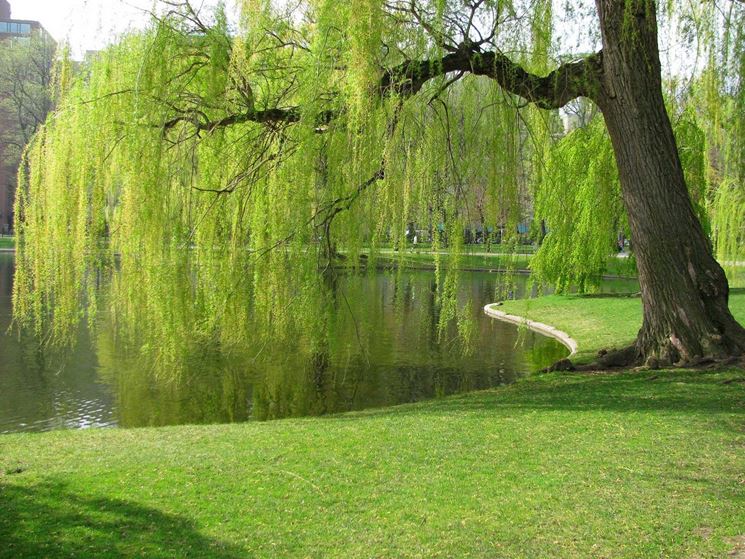.jpg)
ADAM’S CURSE
We sat together at one summer’s end,
That beautiful mild woman, your close friend,
And you and I, and talked of poetry.
I said, ‘A line will take us hours maybe;
Yet if it does not seem a moment’s thought,
Our stitching and unstitching has been naught.
Better go down upon your marrow-bones
And scrub a kitchen pavement, or break stones
Like an old pauper, in all kinds of weather;
For to articulate sweet sounds together
Is to work harder than all these, and yet
Be thought an idler by the noisy set
Of bankers, schoolmasters, and clergymen
The martyrs call the world.’
And thereupon
That beautiful mild woman for whose sake
There’s many a one shall find out all heartache
On finding that her voice is sweet and low
Replied, ‘To be born woman is to know—
Although they do not talk of it at school—
That we must labour to be beautiful.’
I said, ‘It’s certain there is no fine thing
Since Adam’s fall but needs much labouring.
There have been lovers who thought love should be
So much compounded of high courtesy
That they would sigh and quote with learned looks
Precedents out of beautiful old books;
Yet now it seems an idle trade enough.’
We sat grown quiet at the name of love;
We saw the last embers of daylight die,
And in the trembling blue-green of the sky
A moon, worn as if it had been a shell
Washed by time’s waters as they rose and fell
About the stars and broke in days and years.
I had a thought for no one’s but your ears:
That you were beautiful, and that I strove
To love you in the old high way of love;
That it had all seemed happy, and yet we’d grown
As weary-hearted as that hollow moon.
.
§
.
Insieme sedevano alla fine di un’estate,
la donna mite e bella, tua intima amica,
tu ed io, e parlavamo di poesia.
Io dissi: “A volte un verso può costarci ore;
eppure se non sembra il pensiero d’un attimo,
il nostro cuci e scuci avrà contato zero.
E’ meglio strofinare ginocchioni
un pavimento di cucina, o spaccar pietre
al caldo e al gelo, come un poveraccio:
articolare insieme dei bei suoni
è un lavoro più duro, e tuttavia
sei stimato un poltrone dalla cricca chiassosa
di banchieri, insegnanti e sacerdoti
che i martiri chiamano il mondo”.Al che
la donna mite e bella per amore della quale
saranno in molti a provare patemi
scoprendo la sua voce dolce e lieve
replicò:”Nascere donna è sapere,
anche se a scuola nessuno ne parla,
quanta fatica costi essere belle”.
“Certo diss’io “dalla caduta di Adamo
non c’è cosa bella che non costi fatica.
Vi sono stati amanti che pensavano
che l’amore dovesse combinare tanta altra cortesia
da sospirare citando con dotti sguardi
i precedenti dai bei libri antichi;
ma ora sembraun futile mestiere”.
Sedemmo ammutoliti al nome dell’amore;
vedemmo spegnersi l’ultima brace del giorno,
e nel tremante verde-azzurro del cielo
una luna, consunta come una conchiglia lavata
dalle acque del tempo, nel loro sollevarsi e ricadere
tra le stelle infrangendosi in giorni ed anni.
Destinato solo ai tuoi orecchi, ebbi un pensiero:
che tu eri bella, e che io m’ero sforzato di amarti
nell’alto modo antico dell’amore, che tutto
era sembrato felice, e tuttavia il nostro cuore
ora era stanco come quella vuota luna.
WILLIAM BUTLER YEATS

.jpg)







